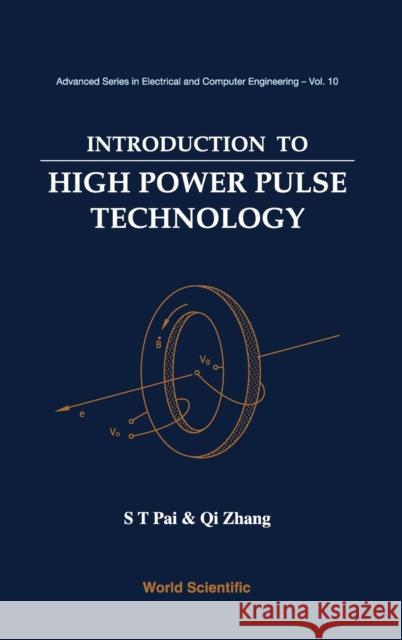Introduction to High Power Pulse Technology » książka
Introduction to High Power Pulse Technology
ISBN-13: 9789810217143 / Angielski / Twarda / 1995 / 320 str.
This book is designed primarily to meet two objectives. It is intended to serve as a textbook for a one-semester university course for graduate or senior undergraduate students in the physical sciences, electrical engineering and other related disciplines, or it may be used as a reference book for those who are working in the field. For those intending to use the book for self-study, a general knowledge of electromagnetism, electrical circuitry and plasma and discharge physics is necessary. In order to meet these diverse objectives, the authors have attempted to make the book reasonably compact so that it can fit in a one-semester schedule while retaining its comprehensiveness in serving as a reference book. The contents are arranged so that theory and practice are proportionally balanced and each topic consists of essentially four basic elements: fundamental principles, mathematical expressions and formulas, examples and illustrations, numerical data and applications. In order to keep its compactness, lengthy theoretical discussions and detailed mathematical derivations are avoided whenever possible.
This book is designed primarily to meet two objectives. It is intended to serve as a textbook for a one-semester university course for graduate or senior undergraduate students in the physical sciences, electrical engineering and other related disciplines, or it may be used as a reference book for those who are working in the field. For those intending to use the book for self-study, a general knowledge of electromagnetism, electrical circuitry and plasma and discharge physics is necessary. In order to meet these diverse objectives, the authors have attempted to make the book reasonably compact so that it can fit in a one-semester schedule while retaining its comprehensiveness in serving as a reference book. The contents are arranged so that theory and practice are proportionally balanced and each topic consists of essentially four basic elements: fundamental principles, mathematical expressions and formulas, examples and illustrations, numerical data and applications. In order to keep its compactness, lengthy theoretical discussions and detailed mathematical derivations are avoided whenever possible.











